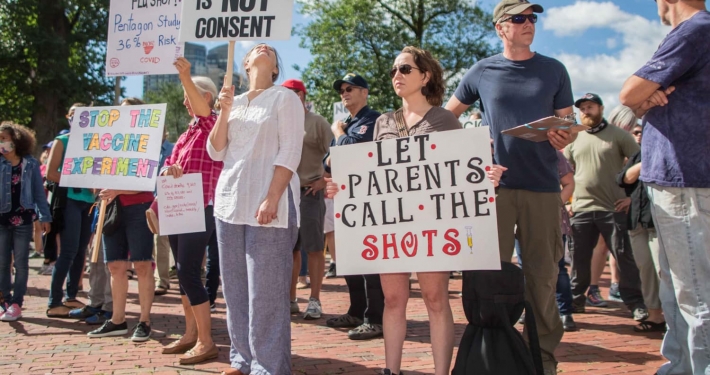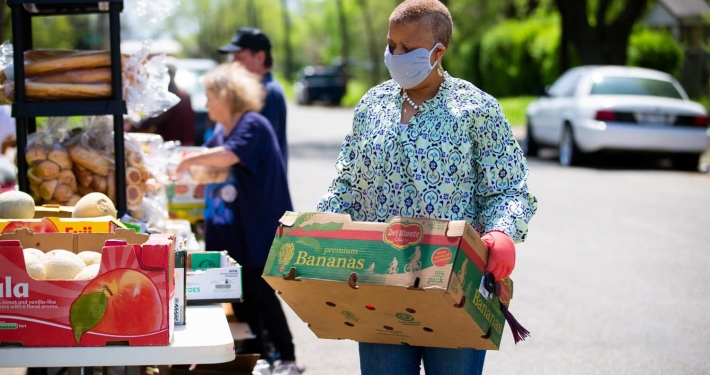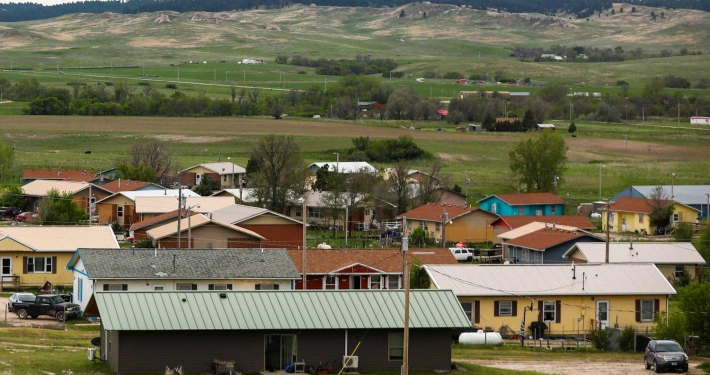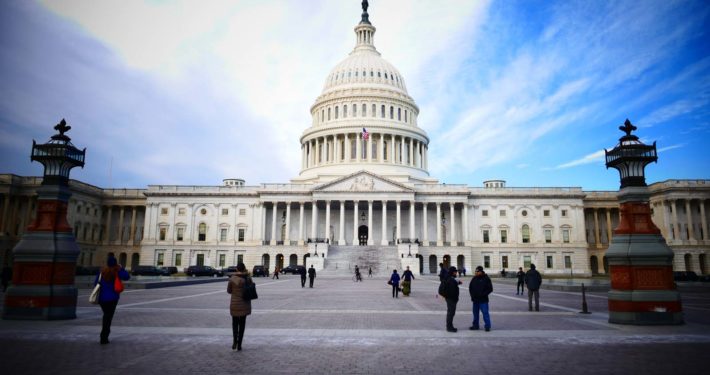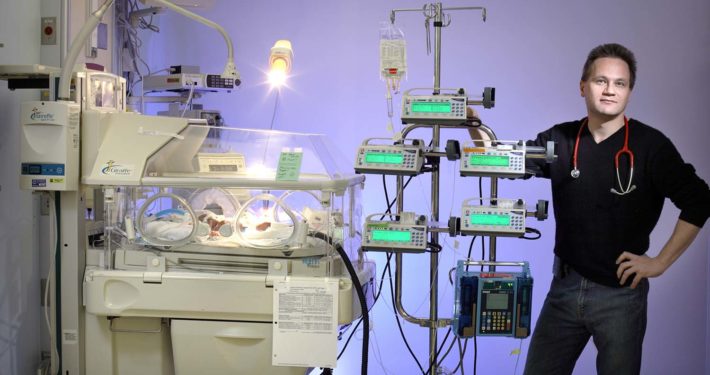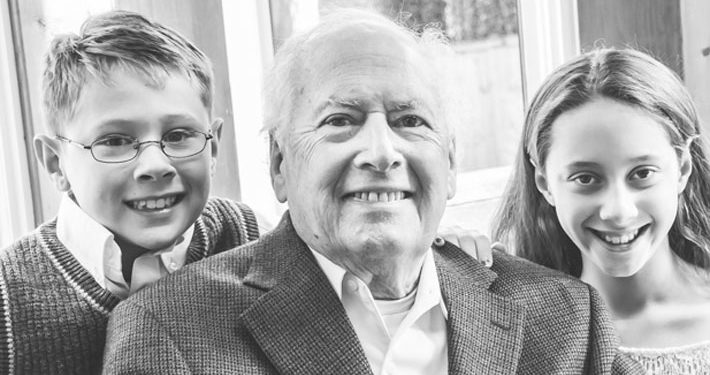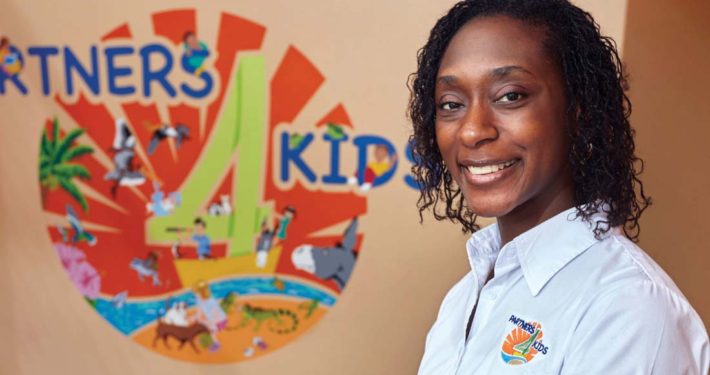- Home
- »
- Health Policy
Tots 'n' Teens PediatricsBirmingham, AL
Dr. Gigi Youngblood is navigating funding cuts, potential measles outbreaks, and other rapid changes in her community. She reflects on how pediatricians can stay grounded and focused on their local impact during challenging times.
The overturning of Roe vs. Wade presents unique challenges for adolescents, from parental consent laws to mental health concerns. Dr. Trish Hutchison and Dr. Melisa Holmes, founders of Girlology, speak to the cultural moment and the need for patient education in the face of political upheaval.
A government mandate in Tennessee has prohibited the Department of Health from doing vaccine outreach and education to Tennessee youth. What does this mandate signify about the relationship between the Tennessee legislature and the medical community? And how might the mandate impact independent pediatricians? Dr. Suzanne Berman, an independent pediatrician in Crossville, TN, speaks to the issue with an on-the-ground perspective.
Close Communities from Far Away: How Keānuenue Pediatrics Fights for the Underdog
Keānuenue PediatricsHonolulu, HI
In October of 2020, Dr. Jasmine Waipa founded Keānuenue Pediatrics in Honolulu, Hawai`i, with a goal to create a small practice atmosphere with a tech-forward approach. As a Native Hawaiian pediatrician, she is passionate about addressing health disparities.
After 38 years in practice in East Hampton, N.Y., Dr. Gail Schonfeld has built deep and lasting relationships with families in her community. Her work as an advocate and innovator serves her patients and helps pediatricians across the country adapt to a changing healthcare landscape.
Proper nutrition and food security are essential to the healthy development of a child—physically, emotionally, and psychologically. Dr. Steven Abrams, Chair of the AAP Committee on Nutrition, discusses the lessons from the COVID-19 pandemic on how the U.S. is failing food insecure families, and how we can do better.
Getting Resourceful, Staying Close: Small Town Healthcare for a Growing Community
Skagit PediatricsMount Vernon, WA
In November 2019, The Independent Pediatrician visited Skagit Pediatrics in Mount Vernon, Washington. The managing pediatricians shared the story of the practice’s history, growth, and how despite consistent change, their independent culture has thrived after nearly 40 years.
Several independent pediatricians offer their own stories and strategies to foster wellness and prevent burnout, a syndrome that affects over 40 percent of pediatricians nationally.
Increased access to pediatric care for rural poor populations could alter the course of a child’s life, and widespread access could change a community’s future. This part of the series highlights the challenges faced by Appalachian communities in securing access to pediatric care.
Rural America’s Invisible Patients, Part II: Tribal Lands
Committee on Native American Child HealthPine Ridge, SD
Increased access to pediatric care for rural poor populations could alter the course of a child’s life, and widespread access could change a community’s future. This part of the series highlights the challenges faced by Reservation communities in securing access to pediatric care.
Increased access to pediatric care for rural poor populations could alter the course of children’s lives, and widespread access could change a community’s future. Three distinct regions of the U.S. provide lenses through which to examine questions of access, utilization, and solutions for the future.
Dr. Michael Warner is passionate about improving the quality of healthcare through patient co-authorship of health information. That’s why he’s formed the nonprofit Patient Advocacy Initiatives and designed the Patient PreHistory tool.
Why fight for Medicaid? Pediatrician Christoph Diasio, M.D. makes a compelling case. He offers his perspective on Medicaid’s foundational role in our health care system, and proposes a vision for the future.
Build an intelligent, user-driven electronic health record; advocate for physicians at the national policy level; promote interoperability—these are just a few of the aspirations driving research and development in Vanderbilt’s Department of Biomedical Informatics.
Dr. Richard Schwartz on the Benefits of Thinking Big and Staying Small
Advanced PediatricsVienna, Va.
An exemplary pediatrician draws on his long career to describe his obsession with science, the rewards of gutsy perseverance and why he can't work for someone else.
With a passion for health policy, Dr. Penn looks to understand her patient population at the community level in order to better serve them.




